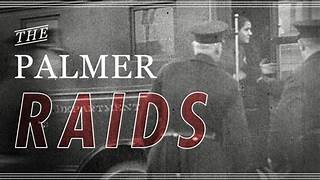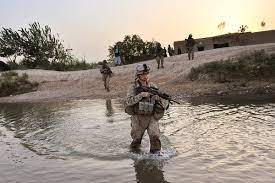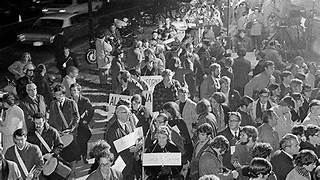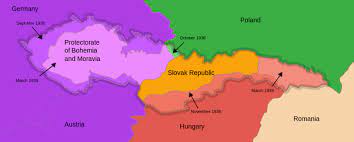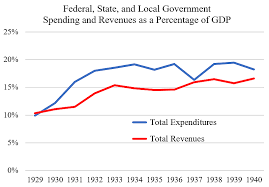In 1920, the United States experienced a period of heightened political tension and civil liberties concerns known as the Palmer Raids. Named after Attorney General A. Mitchell Palmer, these series of government-led actions aimed to suppress perceived threats of radicalism and anarchism in the aftermath of World War I.
The Palmer Raids were a response to the fear and paranoia that gripped the nation in the wake of the Russian Revolution and the rise of communism. The Red Scare, as it was commonly known, fueled concerns about the potential spread of radical ideologies and acts of violence within the United States.
Under the leadership of Attorney General Palmer, the U.S. Department of Justice initiated a campaign to identify and apprehend individuals suspected of being anarchists or communist sympathizers. The raids involved widespread arrests, detentions, and deportations of individuals deemed subversive to national security.
During the Palmer Raids, federal agents, often accompanied by local law enforcement, conducted searches and seizures in private homes, meeting places, and immigrant communities. Thousands of individuals were detained without warrants or due process, leading to widespread violations of civil liberties.
The raids primarily targeted immigrants, particularly those from Eastern Europe and Russia, who were suspected of harboring radical ideologies. Many of these individuals were held in detention centers, often under harsh conditions, while others were deported without proper legal recourse.
The Palmer Raids were marked by a climate of fear and suspicion, which contributed to the violation of basic constitutional rights. Civil liberties, such as freedom of speech, assembly, and due process, were frequently disregarded in the government's zealous pursuit of perceived threats.
The impact of the Palmer Raids extended beyond the immediate arrests and deportations. The actions of the government created a chilling effect on political dissent and free expression, as individuals feared being labeled as radicals or subversives. This environment of fear and repression stifled political activism and limited the ability of marginalized groups to advocate for their rights.
The Palmer Raids also exposed deep divisions within American society. While some supported the government's actions as necessary for national security, others condemned the raids as an infringement on civil liberties and an abuse of power. The raids received significant backlash from civil rights activists, labor unions, and immigrant communities, who emphasized the importance of protecting constitutional rights even in times of perceived crisis.
In the aftermath of the Palmer Raids, public opinion shifted, and criticism of the government's actions grew. The raids were seen by many as a violation of the principles upon which the United States was founded, prompting calls for greater respect for civil liberties and due process.
The Palmer Raids ultimately came to an end due to a combination of public pressure and legal challenges. Courts began to question the constitutionality of the government's actions, leading to the release of many detainees and the cessation of widespread raids. These events served as a reminder of the importance of upholding the principles of justice, fairness, and respect for civil liberties, even in times of perceived crisis.
